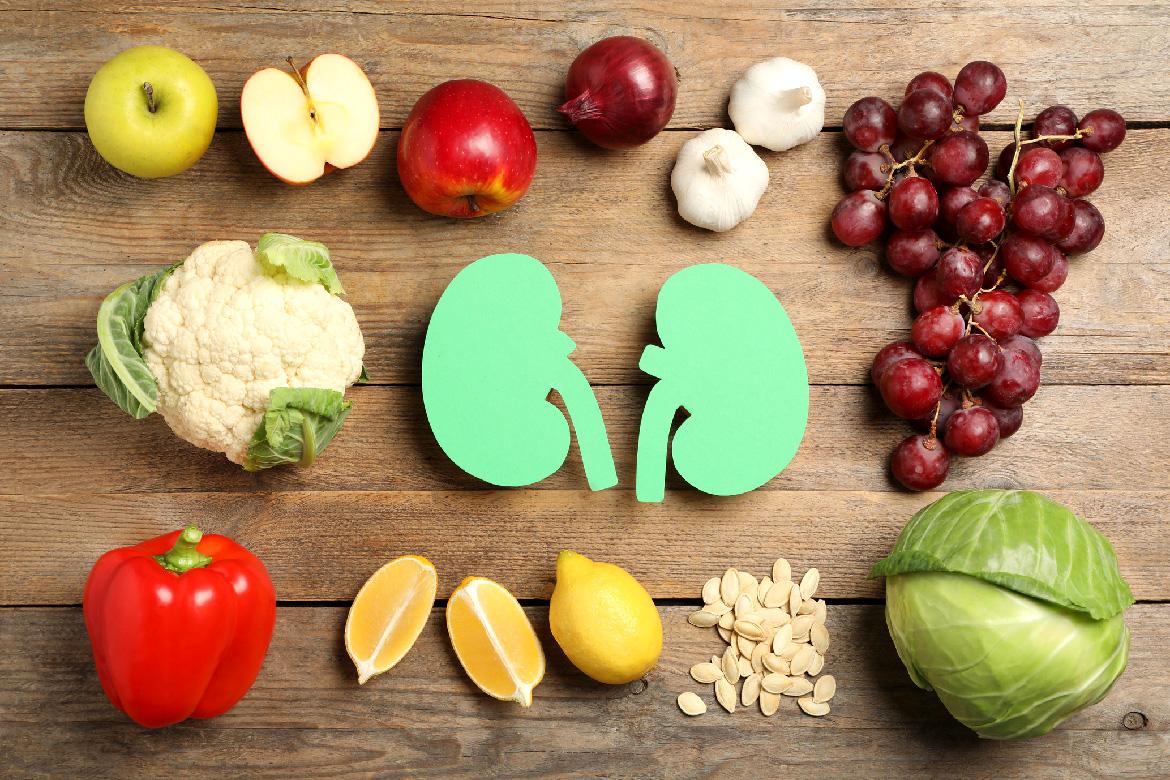What can you expect in haemodialysis?
You will typically undergo haemodialysis at a dialysis centre.
Estimated duration
Haemodialysis is performed at least 3 times a week. Each session lasts about 4 hours.
Before the procedure
Your doctor will create a vascular access in your arm. This is a surgical procedure that creates a connection, also known as an arteriovenous (AV) fistula or an AV graft, between an artery (blood vessel carrying blood from your heart) and a vein (blood vessel carrying blood back to your heart).
In total, 2 needles will be inserted into the vascular access. Each needle is connected to a flexible tube that is connected to the dialysis machine. If an AV fistula or graft is not feasible, your doctor will insert a dialysis catheter into a big blood vessel in your neck.
During the procedure
A small amount of blood will be removed from you through one point of the vascular access, shunted through the dialysis machine, and returned to your body through the other point of the vascular access.
Your blood pressure and heart rate will be monitored during the treatment as these may fluctuate.
After the procedure
The medical team will remove the needles from your access site and apply a pressure dressing to prevent bleeding.
What can you expect in peritoneal dialysis?
You will typically undergo peritoneal dialysis at home daily.
Estimated duration
The duration of peritoneal dialysis depends on how the dialysis is performed:
- Continuous ambulatory peritoneal dialysis (CAPD): You will drain and fill 2 litres of the dialysis solution into your abdomen 4 – 5 times a day. Each time, the solution stays inside for a prescribed dwell time, usually 3 – 4 hours.
- Continuous cycling peritoneal dialysis (CCPD): Also known as automated peritoneal dialysis, where you must remain attached to the cycler machine for 8 – 10 hours at night, usually while you are asleep.
Before the procedure
A peritoneal dialysis catheter will be surgically inserted into your abdomen, usually near your belly button. The insertion might be done under local or general anaesthesia.
The catheter will carry the dialysis solution in and out of your abdomen during peritoneal dialysis.
Your doctor will wait for the catheter site to heal before you start peritoneal dialysis. This usually takes about 2 weeks.
During the procedure
You will fill your abdomen with the dialysis solution. Waste, fluid and chemicals will flow through the peritoneal membrane into the dialysis solution. You can walk about with the dialysis solution in your abdomen. After the prescribed period, you will drain out the solution and fill your abdomen with fresh solution (exchange).
If you are doing a CCPD, you need to start the machine before you go to sleep and do an exchange in the morning.







